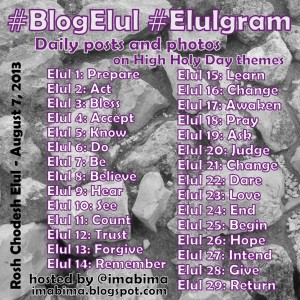If we are to believe the psychologists, the stage for answering these questions is set at a very young age, in the relationship between a baby and its caregivers. That’s a very scary thought, at least to me. So much that can go wrong in that time, and such far-reaching consequences if we, as parents, mess up.
We can go all cynical about it, as in this poem by Philip Larkin (language warning – don’t click on that link if you can’t handle the f-word). Or we can just do our best, with whatever we have in our arsenal at the time, and trust (that word again!) that all will turn out well. At the very least, we can always apologise to our kids for any unintentional harm that we did.
So is trust just a built-in mechanism for babies, like facial recognition? How is it affected by experiences we have along the way? Presumably if we misplace our trust, we will be burned and learn to become less trusting. But if we become too mistrustful, how can we have good and fulfilling relationships?
Can a mistrustful person learn to trust? Like a mistreated dog, can they be coaxed out of their shell with love, treats and consistency? Or are those demons just temporarily quieted? The image that comes to my mind is of a dormant chickenpox virus, just waiting for a period of stress to rear its ugly head in virulent shingles. Maybe some kinds of damage go so deep they can never be completely undone. Are some people doomed to live with a crippling mistrust forever?
I don’t have satisfactory answers to any of these questions, and I don’t think anyone else does, either. But I do believe, and trust with all my heart, that a little kindness can go a long way towards restoring people’s trust in the world. A heartfelt apology never hurts, either.
What do you think?


Here are two papers that talk about the physiology of trust. Oxytocin is expressed by the nursing mother and by the nursing child. That is one of the physiological bases of the trust babies develope in the world that is dependent on their experiences. When they are in distress, does something happen to alleviate it? It doesnt have to be always, but it has to be mostly. That’s why Winnicot invented the term ‘good enough mother’ – you dont have to be perfect, just mostly good.
http://www.nature.com/nature/journal/v435/n7042/full/435571a.html
http://www.nature.com/nature/journal/v435/n7042/full/435571a.html